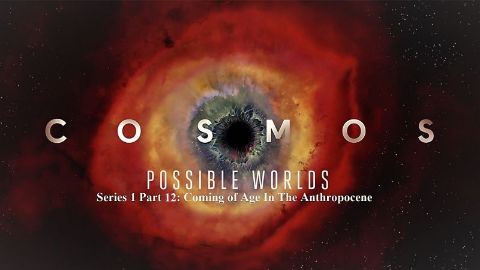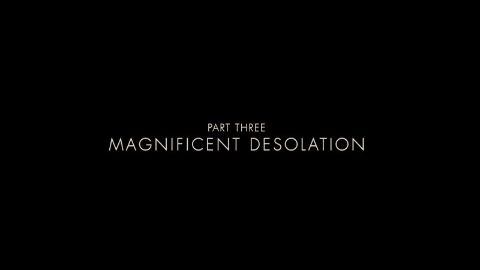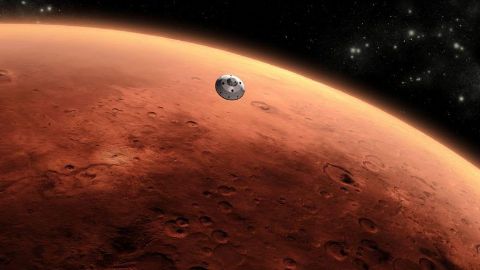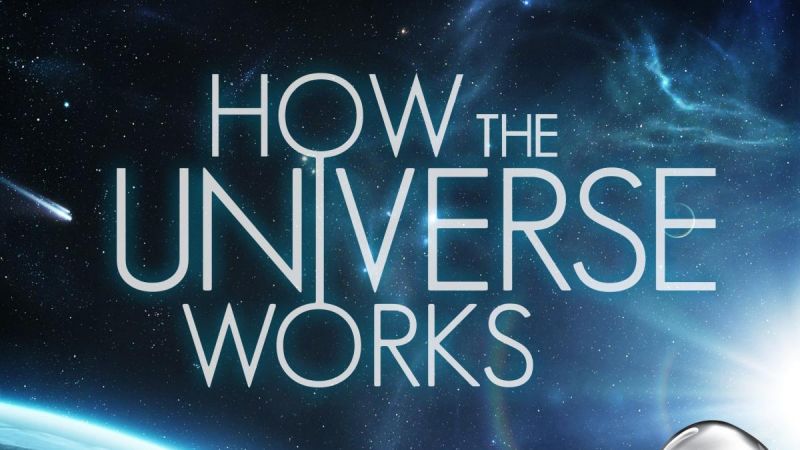The Saturn V Story • 2014
In 1961 when President Kennedy pledged to put a man on the moon by the end of the decade, no rocket existed with the power or capability to rise to the challenge. In order to win the race to space, the United States would need to establish a multi-billion dollar space program. One man, Werner Von Braun believed he had the knowledge and vision to make Kennedy's dream a reality.This is the story of the most powerful machine ever built, and the men and women who believed it could fly.
Make a donation
Buy a brother a hot coffee? Or a cold beer?
Hope you're finding these documentaries fascinating and eye-opening. It's just me, working hard behind the scenes to bring you this enriching content.
Running and maintaining a website like this takes time and resources. That's why I'm reaching out to you. If you appreciate what I do and would like to support my efforts, would you consider "buying me a coffee"?
Donation addresses
BTC: bc1q8ldskxh4x9qnddhcrgcun8rtvddeldm2a07r2v
ETH: 0x5CCAAA1afc5c5D814129d99277dDb5A979672116
With your donation through , you can show your appreciation and help me keep this project going. Every contribution, no matter how small, makes a significant impact. It goes directly towards covering server costs.





